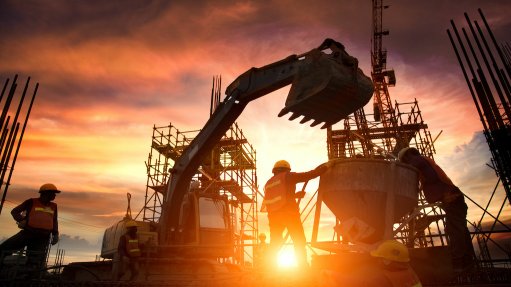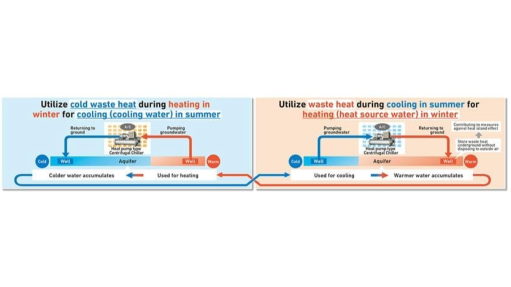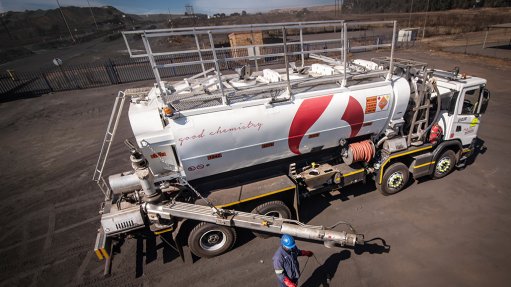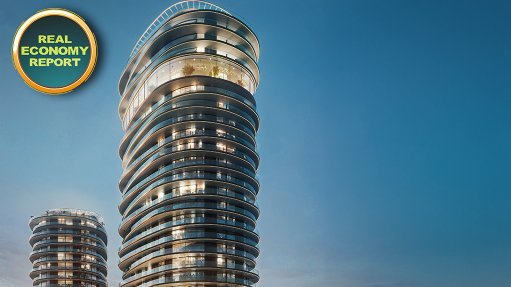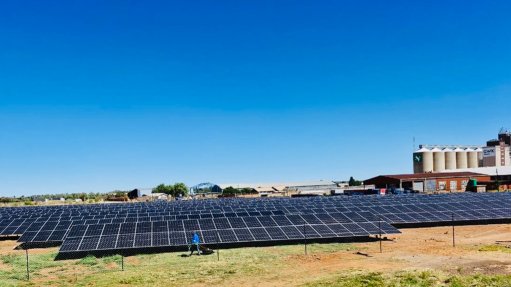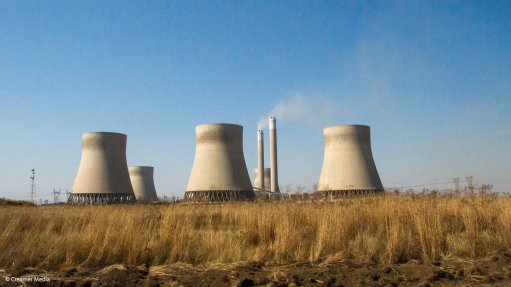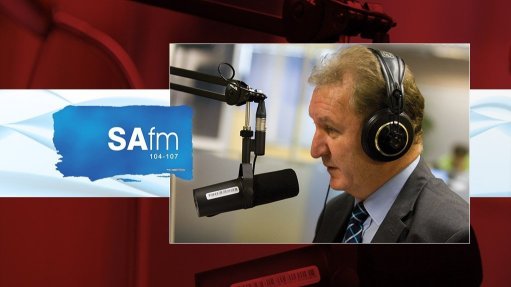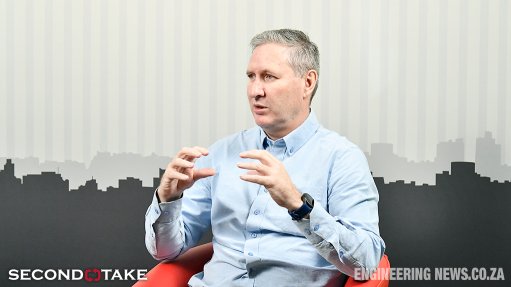World needs to treat 8.56bn m3/y additional wastewater to meet SDGs
As the United Nations (UN) prepares to review the progress made in achieving the Sustainable Development Goals (SDGs), new research has revealed that global wastewater treatment capacity needs to increase by 8.56-billion cubic metres every year to meet the 2030 ambitions.
Independent research commissioned by automation, electrification and digitisation group ABB, released ahead of World Water Day on March 22, found that investment in an additional 469 treatment facilities a year was also required.
“The research proves more needs to be done to help support the UN goal and accelerate progress in tackling water security,” says ABB Energy Industries president Brandon Spencer.
The research was released prior to the UN 2023 Water Conference, set to be held in New York this week, where a new Water Action Agenda will be launched.
According to the UN, 2.2-billion people lack access to safely managed drinking water, while more than 4.2-billion people lack safely managed sanitation.
ABB’s research, investigating the steps that need to be taken to address the treatment of wastewater as per SDG 6.3, found that 48%, or 171.3-billion cubic metres, of wastewater is uncollected or untreated each year.
The research, undertaken by Development Economics and based on modelling using a 50-million-litre daily capacity wastewater treatment plant as the benchmark, indicates that to achieve SDG 6.3 this needs to be halved, to just under 24%, or 85.65-billion cubic metres.
Eighty per cent of global wastewater flows back into the ecosystem without being treated or reused and half of wastewater coming out of households from their toilets, sinks, drains and gutters, flows back into nature without harmful substances removed, both of which has a negative impact on public health, the environment and marine life, he points out
However, there is a need to ensure the wastewater targets are achieved in the most energy and resource efficient way possible to make it sustainable.
Treating wastewater is energy-intensive, with the industry consuming up to 3% of the world’s total energy output and contributing to over 1.5% of global greenhouse gas emissions.
“This is where technology is key,” he says, noting that while increasing wastewater treatment capacity is a priority, the early integration of technology to drive efficiency is also vital.
According to ABB’s 2022 Energy Transition Equation report, through greater integration of automation and digital technologies, wastewater sites can reduce carbon emissions by up to 2 000 t a year and water companies can deliver yearly operational savings of up to $1.2-million for each plant.
With over 50 000 plants globally, 100-million tonnes of carbon emissions can be saved each year.
Comments
Press Office
Announcements
What's On
Subscribe to improve your user experience...
Option 1 (equivalent of R125 a month):
Receive a weekly copy of Creamer Media's Engineering News & Mining Weekly magazine
(print copy for those in South Africa and e-magazine for those outside of South Africa)
Receive daily email newsletters
Access to full search results
Access archive of magazine back copies
Access to Projects in Progress
Access to ONE Research Report of your choice in PDF format
Option 2 (equivalent of R375 a month):
All benefits from Option 1
PLUS
Access to Creamer Media's Research Channel Africa for ALL Research Reports, in PDF format, on various industrial and mining sectors
including Electricity; Water; Energy Transition; Hydrogen; Roads, Rail and Ports; Coal; Gold; Platinum; Battery Metals; etc.
Already a subscriber?
Forgotten your password?
Receive weekly copy of Creamer Media's Engineering News & Mining Weekly magazine (print copy for those in South Africa and e-magazine for those outside of South Africa)
➕
Recieve daily email newsletters
➕
Access to full search results
➕
Access archive of magazine back copies
➕
Access to Projects in Progress
➕
Access to ONE Research Report of your choice in PDF format
RESEARCH CHANNEL AFRICA
R4500 (equivalent of R375 a month)
SUBSCRIBEAll benefits from Option 1
➕
Access to Creamer Media's Research Channel Africa for ALL Research Reports on various industrial and mining sectors, in PDF format, including on:
Electricity
➕
Water
➕
Energy Transition
➕
Hydrogen
➕
Roads, Rail and Ports
➕
Coal
➕
Gold
➕
Platinum
➕
Battery Metals
➕
etc.
Receive all benefits from Option 1 or Option 2 delivered to numerous people at your company
➕
Multiple User names and Passwords for simultaneous log-ins
➕
Intranet integration access to all in your organisation






